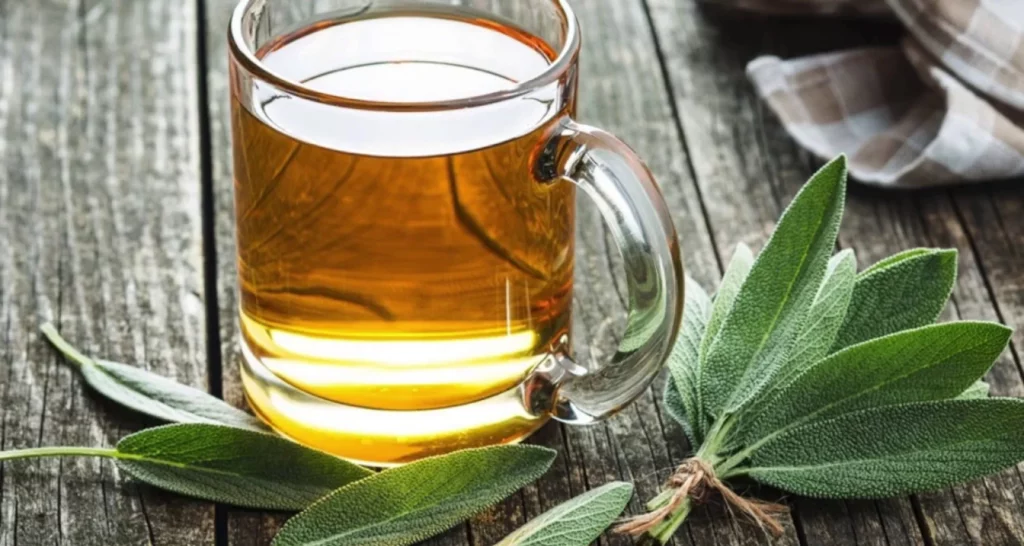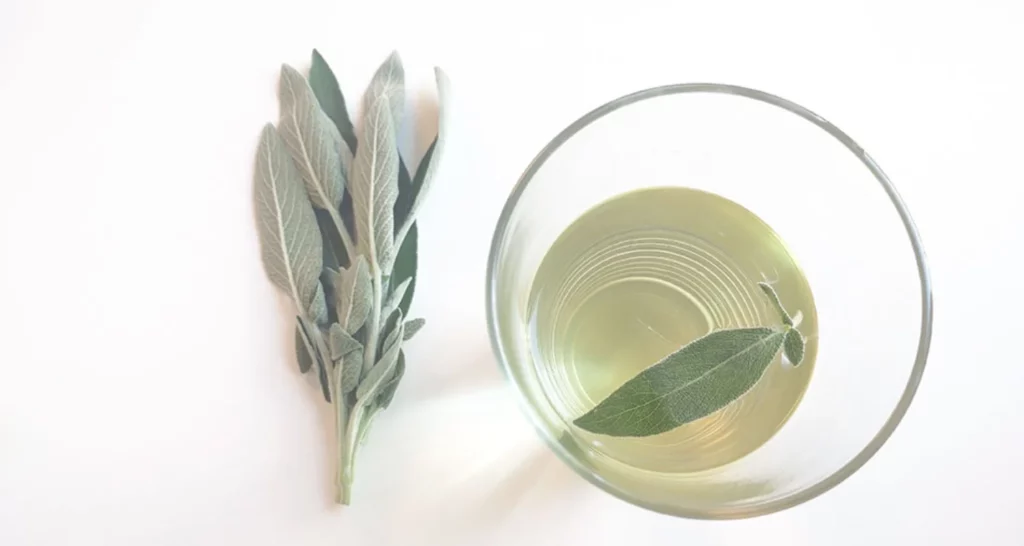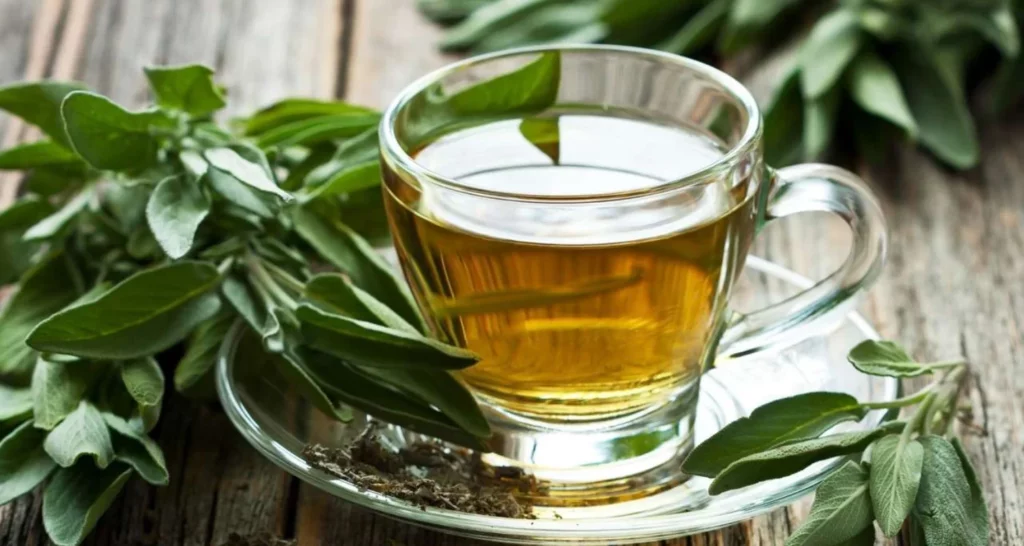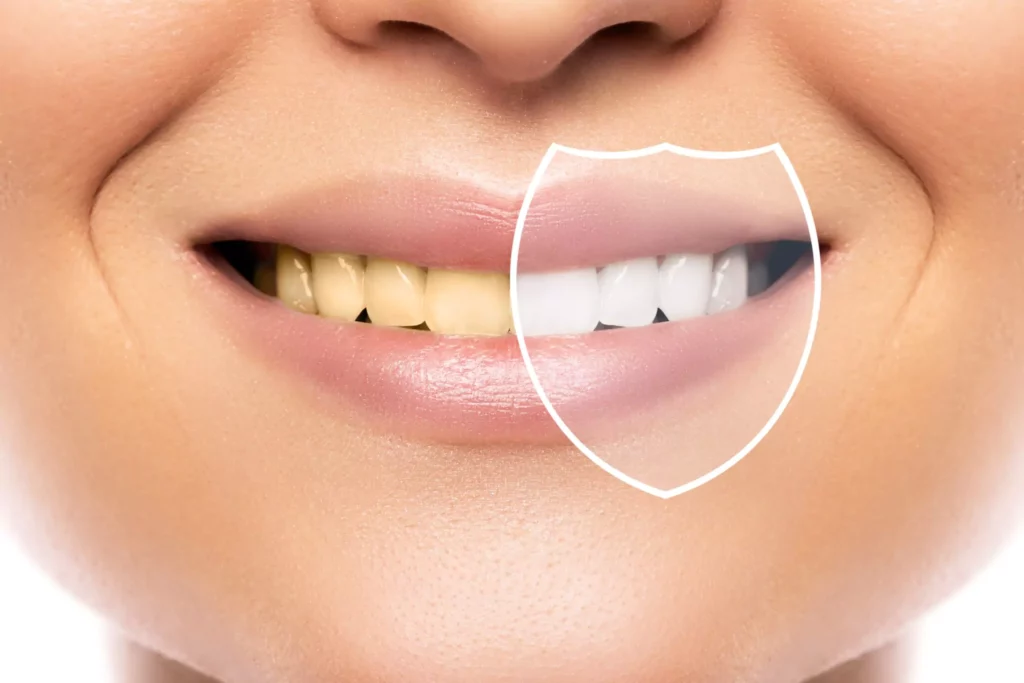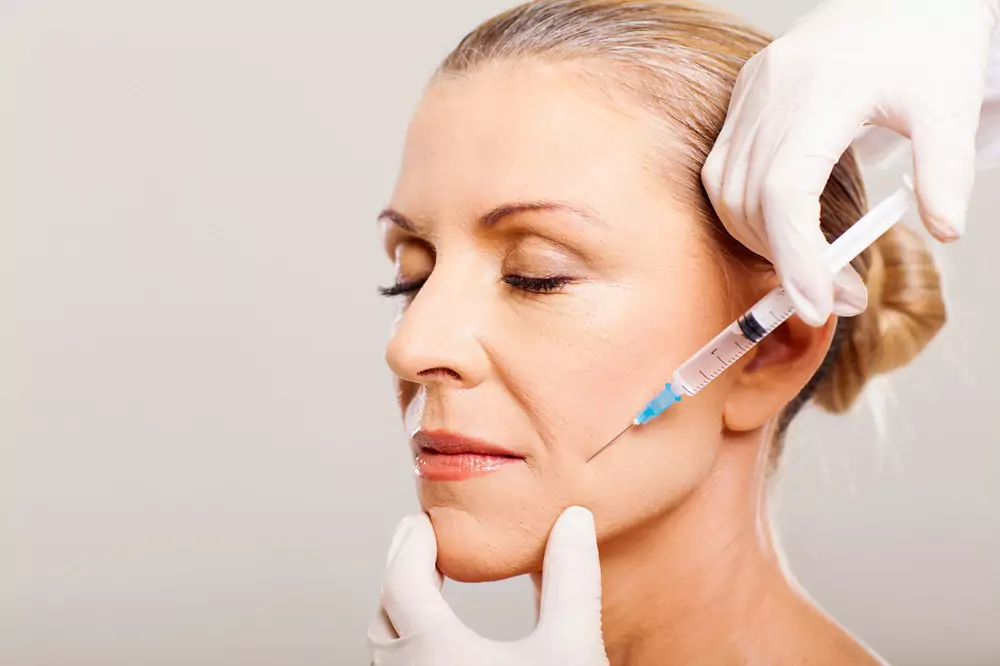Discover how sage mouthwash can be your natural antiseptic solution for oral care. Read this easy DIY guide and embrace natural oral health today.
Salvia officinalis, commonly known as sage or garden sage, is a perennial, evergreen shrub known for its versatile applications in culinary endeavors and healthcare. This herb belongs to the mint family, which includes other herbs such as oregano, peppermint, rosemary, and thyme. Native to the Mediterranean, ancient civilizations such as the Greeks and Romans revered this plant for its strong medicinal properties.
However, when it comes to dental health, it is specifically prized for its ability to reduce dental decay, combat bad breath, and address gum problems. But wait, before we begin exploring its many oral health benefits, let’s uncover why everyone loves the plant and learn more about the awesome things it can do.
What makes sage mouthwash so great?
Sage is a staple herb used in various cuisines across the globe. Due to its strong aroma and earthy flavor, it is typically used in very small amounts. Even so, this shrub is packed with various important nutrients and compounds that contribute to good health.
Sage is also used as a natural cleaning agent, pesticide, and ritual object in spiritual sage burning or smudging. This green herb is available fresh, dried, or in oil form; it has numerous health benefits, a few of which are listed below:
● Rich source of vitamins, minerals, and antioxidants
● May reduce bad “LDL” cholesterol
● May support memory and brain health
● Blood glucose lowering effects, beneficial for diabetes
● May help ease menopause symptoms.
However, when it comes to natural oral care, as mentioned, sage has been a frontrunner for effectively addressing various oral health issues all by itself.
Come along now, let’s explore a little bit more about its many oral health benefits!
What are the benefits of sage mouthwash?
Sage extract has been a part of natural oral care for centuries; in fact, it stands out as an age-old champion due to its potent antiseptic qualities and refreshing minty freshness. It can be used in the form of a mouthwash, which is a simple yet effective way you can incorporate this herb into your daily oral care routine. Below is an in-depth description outlining the numerous oral healthcare benefits it offers.
1. Natural antiseptic properties
With an impressive array of over 60 beneficial compounds and substances, sage deals with a variety of oral health concerns. Its strong antimicrobial, antifungal, and antiviral properties actively combat bacteria responsible for dental decay and inhibit the microbes that contribute to dental plaque build- up.
2. Combats bad breath
Sage helps combat bad breath by neutralizing odor-causing bacteria, leaving you with a refreshing, clean, and healthy smile.
3. Reduces gum inflammation
Its strong anti-inflammatory prowess helps reduce gum inflammation and aids in effective wound healing.
4. Natural astringent properties
Sage can act as a natural astringent, helping to tighten gum tissue and reduce any bleeding or swelling.
5. Easy and cost-effective DIY solution
Crafting your sage mouthwash at home offers a simple and budget-friendly solution, minimizing both expenses and unnecessary exposure to chemicals. Conventional dental hygiene products typically come in disposable plastic packaging and contain artificial colors, preservatives, and other additives that may prove to be harmful. By using readily-available sage leaves and basic ingredients, you can create an effective oral care product without the need for expensive and synthetic commercial alternatives.
What does research say?
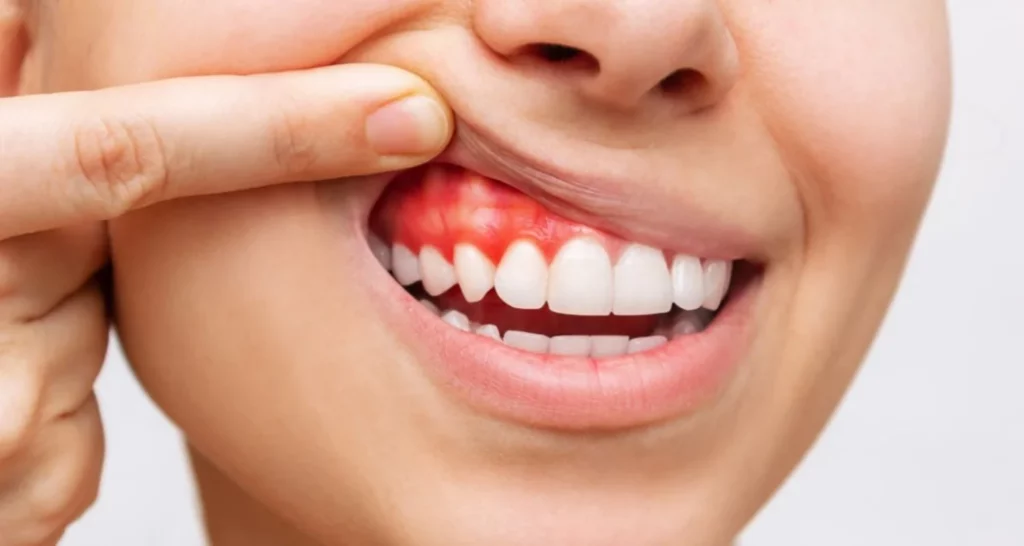
Furthermore, a review highlighted sage’s properties such as its ability to relax muscles, fight germs, and tighten tissues, suggesting its potential in treating various throat infections and mouth sores.
How to make sage mouthwash at home?
How to make sage mouthwash at home, you ask? Given below is a detailed DIY mouthwash recipe you can go through!
The ingredients:
● 5 oz. filtered water.
● 1 tsp. Himalayan pink salt
● 6 organic sage leaves
Step-by-step guide
● Place the sage leaves in a glass bottle.
● Dissolve the salt in 5 oz. of boiling water.
● Once dissolved, pour the water inside the bottle and shake gently to combine.
● Be careful not to burn yourself and let it cool.
How to use:
● Swish with approximately 1 tbsp of sage mouthwash for about 10-15 seconds.
● Use after brushing your teeth.
Potential side effects: what you should know.
Generally speaking, sage is considered safe with no reported side effects, especially when it comes to oral health. However, some people are concerned about thujone, a compound found in common sage that may be toxic to the brain and cause digestive issues.
Pregnant and breastfeeding women, as well as people with certain medical conditions, should be careful when using sage-based products and do so under the supervision of a healthcare professional. Also, if you’re allergic to sage or other plants in the Lamiaceae family, it is advisable to steer clear of it.
Rest assured, side effects are typically observed only with excessive consumption of sage, whether in the form of essential oils or tea, so there’s no need to worry.
Conclusion
Through its rich historical use and potent medicinal properties, sage mouthwash emerges as a winner in maintaining oral health effectively and naturally. From combating dental decay to soothing gum inflammation and addressing bad breath, sage mouthwash offers a holistic solution for oral care needs. With diligence and mindfulness, we can harness its potential to safeguard our dental health, alongside brushing and flossing, right in the comfort of our homes.
Frequently Asked Questions
Is sage effective as a mouthwash?
Sage has demonstrated antimicrobial properties that help eliminate plaque. One study involving a sage-based mouthwash showed that it effectively killed cavity-causing Streptococcus mutans bacteria.
Can sage be used as a mouthwash?
Different sage preparations have been found effective in treating a variety of oral and dental diseases. Use daily after brushing your teeth until the mouthwash is finished, or continue using it a bit longer if your oral health still needs improvement.
How does sage benefit oral health?
A study involving a sage-based mouthwash demonstrated its effectiveness in killing cavity-causing Streptococcus mutans bacteria. Additionally, sage is frequently used to address mouth issues such as cold sores, though more research is required to conclusively confirm its efficacy in humans.
Can you use sage to brush your teeth?
Both basil and sage have natural bleaching properties that effectively remove yellow stains from teeth. You can mix the dried herbs with your regular toothpaste or create a paste with coconut oil or mustard oil and let it sit on your teeth for a few minutes.
Does sage help with bad breath?
Research indicates that a sage extract-based mouthwash can effectively reduce the number of bacteria in the mouth, thereby improving bad breath. Sage oil is also believed to speed up wound healing and reduce inflammation in the mouth. While there are many commercially available sage-based mouthwashes, it’s easy to make your own.
Share
References
1. Beheshti-Rouy M, Azarsina M, Rezaie-Soufi L, Alikhani MY, Roshanaie G, Komaki S. The antibacterial effect of sage extract (Salvia officinalis) mouthwash against Streptococcus mutans in dental plaque: a randomized clinical trial. Iranian Journal of Microbiology. 2015;7(3):173. https://www.ncbi.nlm.nih.gov/pmc/articles/PMC4676988/
2. Raman R, MS, RD. 12 health benefits and uses of sage. Healthline. 2018. https://www.healthline.com/nutrition/sage
3. Health benefits of sage. WebMD. Jun 2024. https://www.webmd.com/diet/health-benefits-sage
4. Shoemaker S, MS, RDN, LD. 9 emerging benefits and uses of sage tea . Healthline. 2019. https://www.healthline.com/nutrition/sage-tea
-
Nayibe Cubillos M. [Author]
Pharmaceutical Chemestry |Pharmaceutical Process Management | Pharmaceutical Care | Pharmaceutical Services Audit | Pharmaceutical Services Process Consulting | Content Project Manager | SEO Knowledge | Content Writer | Leadership | Scrum Master
View all posts
A healthcare writer with a solid background in pharmaceutical chemistry and a thorough understanding of Colombian regulatory processes and comprehensive sector management, she has significant experience coordinating and leading multidisciplina...



